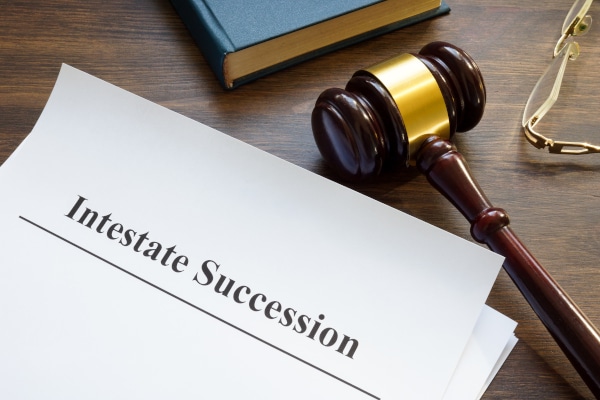When someone dies without a Will in Scotland, their estate is divided according to the laws of intestacy, not personal preference. For married couples and those in civil partnerships, Prior Rights are the first legal entitlement. These rights can have a considerable impact on how the estate is shared, particularly if there are children or other family members involved.
What Are Prior Rights in Scottish Succession Law?
Prior Rights are the initial legal claims that a surviving spouse or civil partner can make on an intestate estate. These rights apply automatically, giving them priority over the claims of children, siblings, or other relatives.
The current Prior Rights entitlements are:
- The family home, up to a value of £473,000, if it was owned by the deceased and used as the primary residence.
- Furniture and household contents, up to £29,000 in value.
- A cash payment, which is £89,000 where there are no children, or £50,000 if there are surviving children.
These rights apply only where the deceased was domiciled in Scotland and legally married or in a registered civil partnership at the time of death. Long-term cohabiting partners do not qualify for Prior Rights and would need to apply to the court for financial provision under separate legislation.
When Do Prior Rights Take Effect?
Prior Rights come into play when someone dies without a valid Will (known as dying intestate) and leaves behind a spouse or civil partner. These rights are met before any other inheritance claims are considered.
In many situations, especially where the estate is modest, Prior Rights can absorb the entire estate, leaving nothing for other beneficiaries under the laws of succession.
What About Legal Rights?
Once Prior Rights have been satisfied, any remaining moveable estate (money, savings, shares, cars, jewellery, etc.) may be subject to Legal Rights. These are shared between the surviving spouse or civil partner and the deceased’s children. However, if the estate has already been exhausted by Prior Rights, there may be no Legal Rights to claim.
Why Planning Ahead Matters
Many people assume that their assets will naturally pass to their partner or children. But in Scotland, succession law follows a strict structure. If you don’t make a Will, your estate might be divided in ways you didn’t intend.
Writing a Will is the only way to make sure your wishes are followed and that those you care about are properly protected.
Need Advice on Prior Rights or Scottish Succession Law?
At Carr Berman Crichton, Solicitors in Rutherglen, Glasgow, we help families across Scotland navigate the complex rules of inheritance. Whether you’re making a Will or dealing with the estate of a loved one, our friendly team is here to provide clear, expert advice tailored to your needs.
Contact us today to arrange a consultation with one of our experienced estate planning and executry solicitors.


